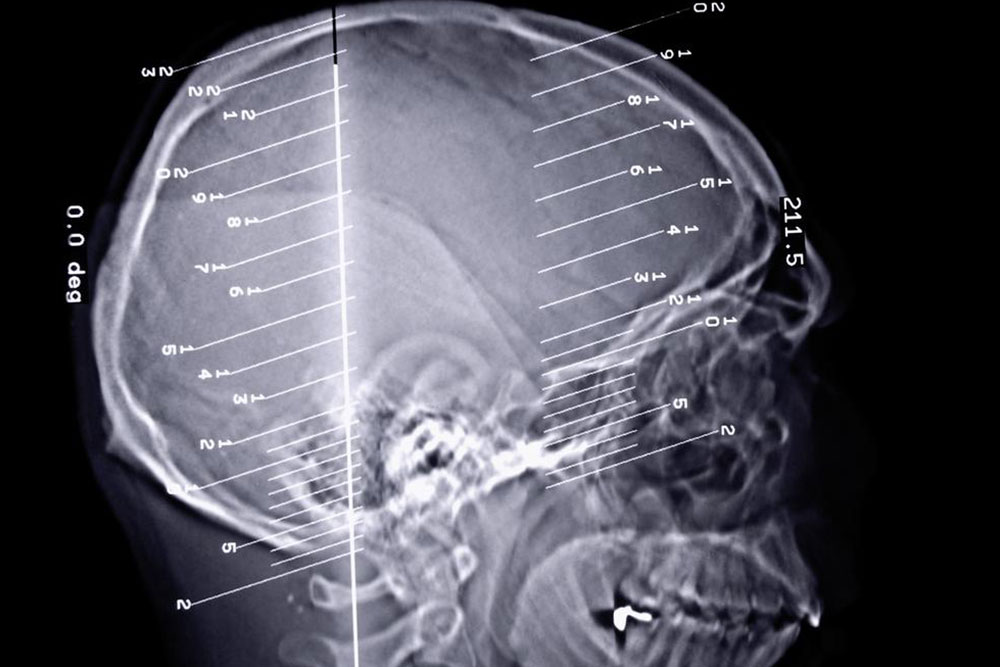The Hidden Dangers of Tobacco: Essential Facts You Should Know
Discover the significant health risks associated with tobacco use, focusing on nicotine's impact on heart, lungs, and brain health. Understand how nicotine is absorbed and its immediate effects, alongside its deeper biological mechanisms. This comprehensive overview highlights why tobacco is a major health hazard, emphasizing the importance of awareness and caution.

The Hidden Dangers of Tobacco: Essential Facts You Should Know
Key Risks Associated with Tobacco Use
Many associate tobacco with health hazards, primarily because of its active ingredient, nicotine, which has a negative reputation. Nicotine is a toxic compound with no real benefits, contributing to various health issues. Cigarettes, a common tobacco product, deliver nicotine directly to the body, causing cardiovascular problems, addiction, and cognitive impairment. Understanding how nicotine affects the body is crucial to recognizing the dangers of tobacco consumption.
Let’s explore how nicotine impacts human health in detail.
How Nicotine Enters and Moves Through the Body
When inhaled, nicotine passes through lung membranes into the bloodstream rapidly. The absorption process is enhanced in alkaline environments, allowing nicotine to enter the bloodstream more efficiently—something many tobacco manufacturers optimize by raising pH levels in cigarettes. Once in circulation, nicotine quickly reaches the heart, arteries, and brain within 10 to 20 seconds, resulting in elevated nicotine levels in the body.
Immediate Effects of Nicotine Use
Regular smokers often experience the immediate effects of nicotine, which include increased alertness, elevated heart rate, and feelings of pleasure. Nicotine acts as a stimulant but can also induce relaxation at higher doses. Users often modify their breathing to maximize relaxing or stimulating effects without full awareness, influencing their overall health.
How Nicotine Triggers Body Responses
Nicotine’s effects stem from its ability to bind to specific receptors called nicotinic acetylcholine receptors (nACHRs). These receptors have multiple subunits, resulting in diverse responses. Once attached, nicotine stimulates the release of neurotransmitters such as dopamine, serotonin, GABA, glutamate, and noradrenaline, which send signals to the brain. Dopamine, in particular, is linked to reward and addiction pathways, explaining why nicotine is highly addictive.
Assessing the Health Risks of Nicotine
While nicotine, found in tobacco, presents significant health concerns, it is not the sole cause of tobacco-related diseases. Nicotine increases heart rate and can promote tumor growth but isn’t directly responsible for lung cancer. It adversely affects brain function, stamina, and lung health, leading to respiratory issues. Overall, nicotine's impact on the cardiovascular and respiratory systems is profound and concerning.










